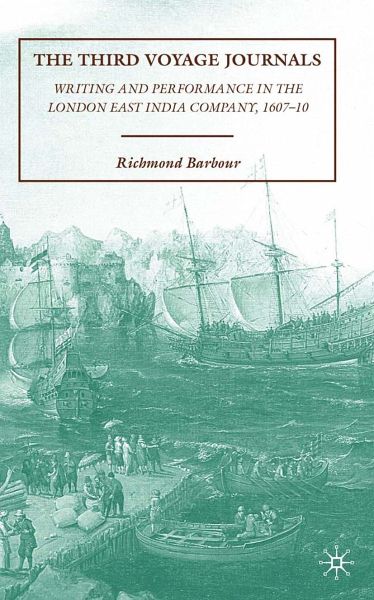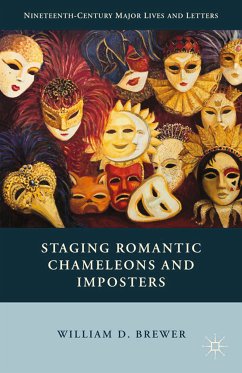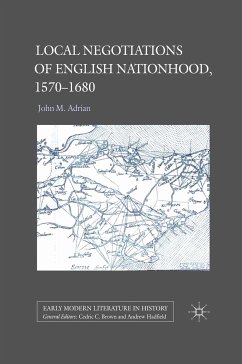
The Third Voyage Journals (eBook, PDF)
Writing and Performance in the London East India Company, 1607-10
Versandkostenfrei!
Sofort per Download lieferbar
40,95 €
inkl. MwSt.
Weitere Ausgaben:

PAYBACK Punkte
20 °P sammeln!
This volume publishes for the first time the collected journals of the East India Company's Third Voyage (1607-10), England's first to reach India, which proved pivotal to England's emergence as a global player.
Dieser Download kann aus rechtlichen Gründen nur mit Rechnungsadresse in A, B, BG, CY, CZ, D, DK, EW, E, FIN, F, GR, HR, H, IRL, I, LT, L, LR, M, NL, PL, P, R, S, SLO, SK ausgeliefert werden.












